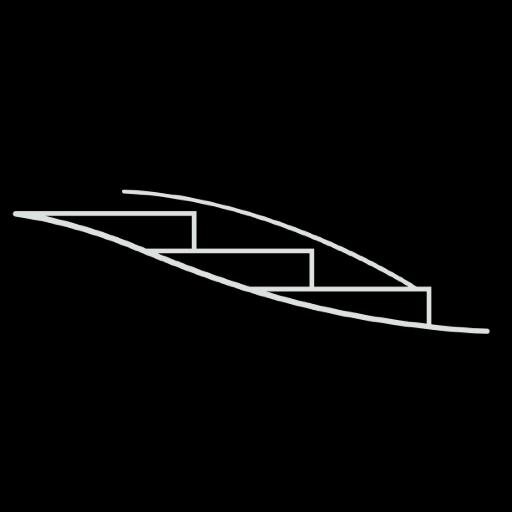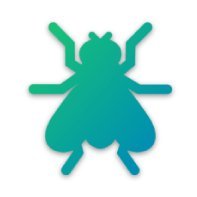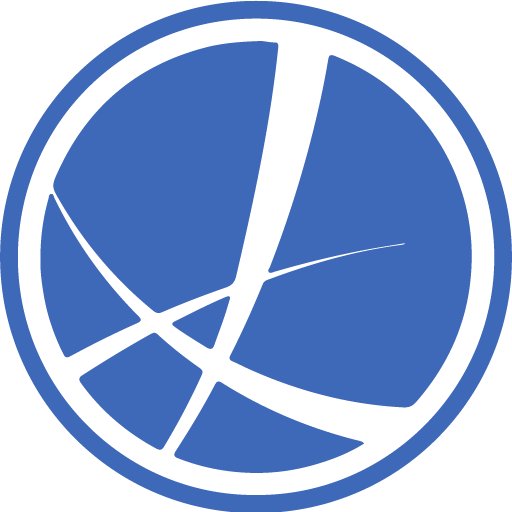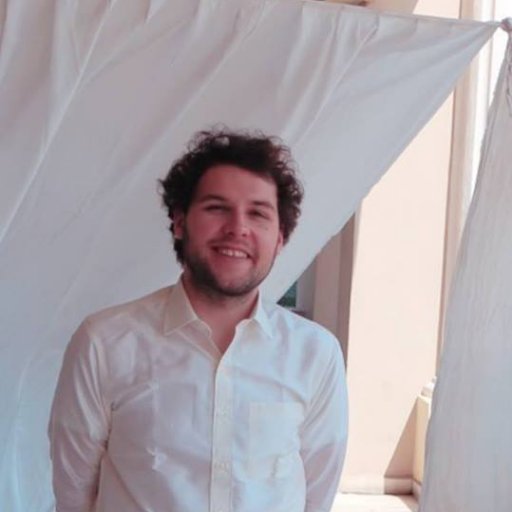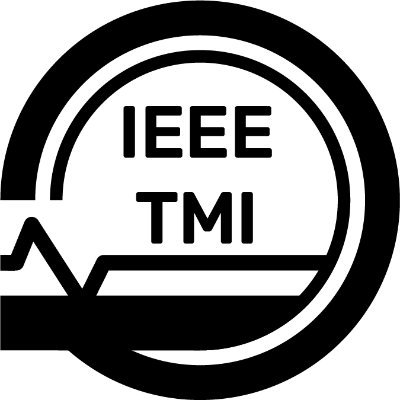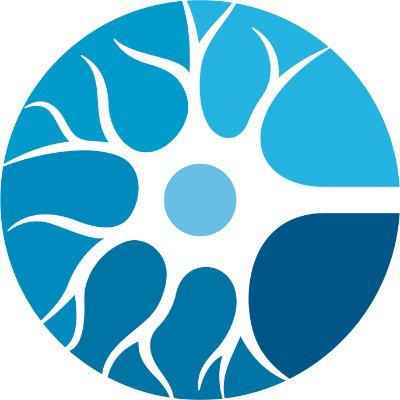
Jakob Troidl
@jakobtroidl
Followers
368
Following
2K
Media
35
Statuses
246
@harvard cs phd candidate • ml / data vis for neuro • visiting researcher at @HHMIJanelia • prev: ml fellow @e11bio
Cambridge, MA
Joined August 2019
🧠 A new wiring diagram of the 166,000+ neurons in the brain & nerve cord of a male fruit fly is a key tool in uncovering how the brain enables complex behavior—information that could ultimately help scientists understand what causes different diseases ➡️ https://t.co/hTLycFyEK5
5
84
362
Excited to present our new paper as a spotlight talk 🌟 at the Pragmatic Reasoning in LMs workshop at #COLM2025 this Friday! 🍁 Come by room 520B @ 11:30am tomorrow to learn more about how LLMs' pluralistic values evolve over reasoning budgets and alignment 🧵
1
5
27
Scientists have mapped the entire neural network of the fruit fly. 50 million synapses between 139,000 neurons. https://t.co/RddBCxlSvc
92
380
4K
Exciting news for #drosophila #connectomics and #neuroscience enthusiasts: the Drosophila male central nervous system connectome is now live and free to use and explore. Find out more at the landing page hosted by our Janelia FlyEM collaborators https://t.co/jKgJgBMxCW.
2
26
96
Congratulations to our friends at @HHMIJanelia @CamZoology @GoogleAI on the drosophila male CNS connectome!
janelia.org
A team of researchers has unveiled the complete connectome of a male fruit fly central nervous system —a seamless map of all the neurons in the brain and nerve cord of a single male fruit fly and the
0
4
29
So excited to see this incredible work from the team at @E11BIO out in the world! Barcoded optical neuron tracing has massive potential in connectomics and can fundamentally transform how we map the brain. Huge congratulations to everyone at @E11BIO!
@E11BIO is excited to unveil PRISM technology for mapping brain wiring with simple light microscopes. Today, brain mapping in humans and other mammals is bottlenecked by accurate neuron tracing. PRISM uses molecular ID codes and AI to help neurons trace themselves. We discovered
0
2
9
Welcome to our new PhD student, Ella Hugie! She earned her BSc from @UofT, where she studied how user characteristics affect data visualization comprehension. She’ll continue in HCI, focusing on visualization and UX. We’re thrilled to have you!
0
1
2
Welcome to our new PhD student, Alexandra Irger! She earned her BSc at TU Wien and her MSc at @KAUST. Her research develops visualization methods combining rendering, simulation, and interaction to explore complex data, now focusing on challenges in biology and medicine.
0
1
1
6/ Catch the poster tomorrow (Tue) at the EMA workshop, #MICCAI2025 in Korea 🇰🇷! Paper:
biorxiv.org
Three-dimensional (3D) microscopy data often is anisotropic with significantly lower resolution (up to 8×) along the z axis than along the xy axes. Computationally generating plausible isotropic...
0
0
1
5/ 🌍 Impact: This enables on-demand isotropic reconstructions for massive microscopy datasets, paving the way for more scalable, interactive biological and medical imaging analysis.
1
0
0
4/ 📊 Results: High-quality visual results at interactive rendering speeds. This enables handling large datasets.
1
0
0
3/ 💡 Solution: niiv learns a neural implicit field with attention-guided latent interpolation. It's fully self-supervised (no isotropic GT required) and generates high-res slices at any resolution. It's also very fast🚄.
1
0
0
2/ 🧠 Problem: 3D EM & LM imaging often have low z-resolution compared to xy. This makes downstream analysis hard. Obtaining truly isotropic volumes experimentally is often impossible.
1
0
0
🚨 New paper at #MICCAI2025 (EMA Workshop)🚨 1/ Introducing niiv: Interactive Self-supervised Neural Implicit Isotropic Volume Reconstruction. A method for turning anisotropic 3D microscopy data into isotropic volumes, 1,000× faster than diffusion baselines.
1
0
6
Looking for PhD positions in the AI+HCI space? Want to work on research around LLM evals, tooling, interfaces and optimization? Contact us! We’re hiring one PhD student for the upcoming year.
1
29
73
🚨 New paper alert! 💥Segmenting anatomical curvilinear structures is challenging. 🚀The paper introduces a novel Frenet–Serret Framebased decomposition, that transforms 3D curvilinear structures into cylindrical primitives for data-efficient learning! https://t.co/hCDQt7aIiq
0
3
8
E11 welcomes Michelle Wu to our brain mapping and molecular barcoding team! Michelle just finished her BASc in Biomedical Engineering at University of Toronto. Her research experience includes UofT, the Broad Institute of MIT and Harvard, and a previous year with us at E11. We're
0
1
11
Anyone planning to attend MICCAI in Korea in person this year ? If you do, pls dm me.
0
0
1

